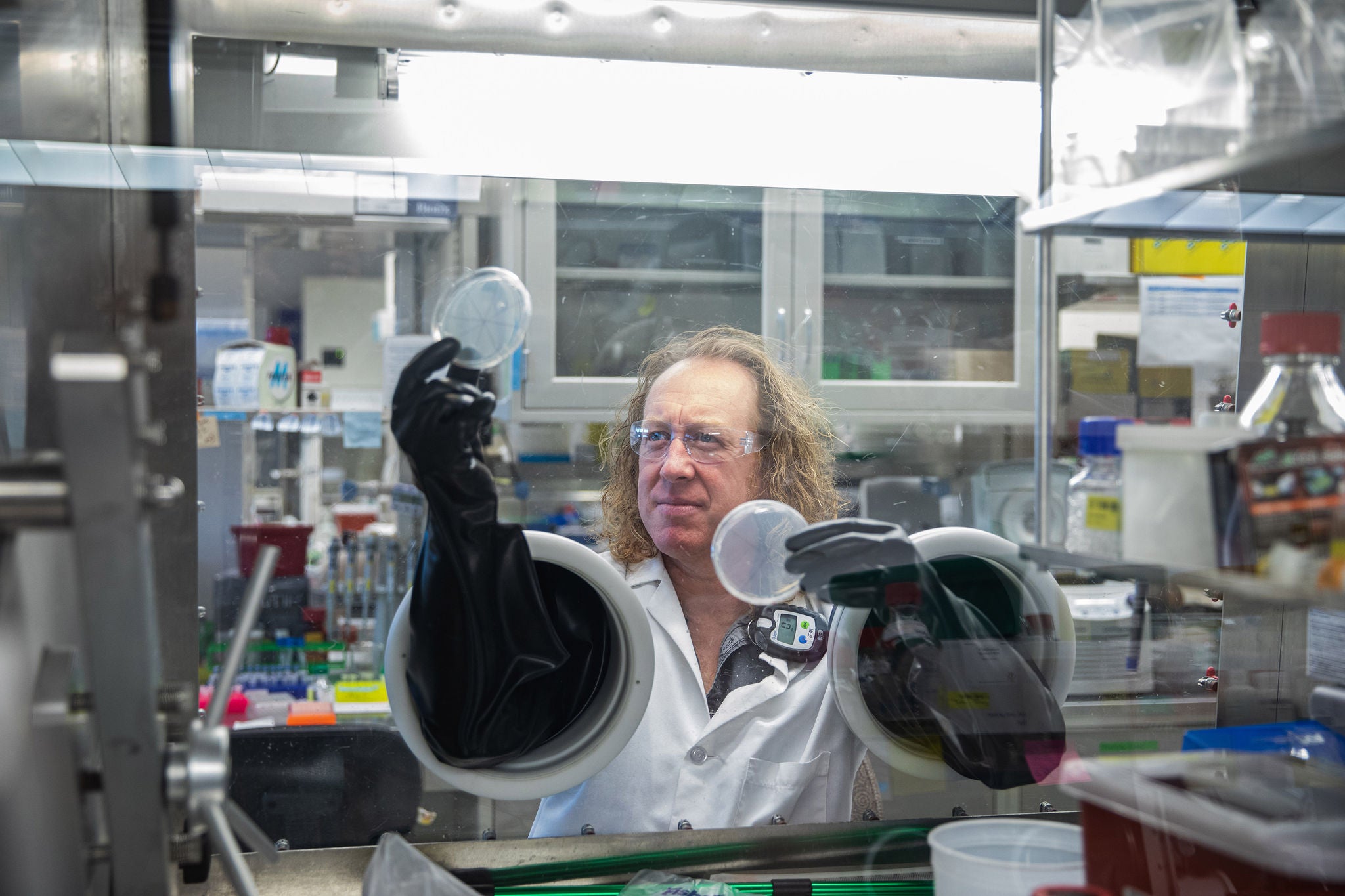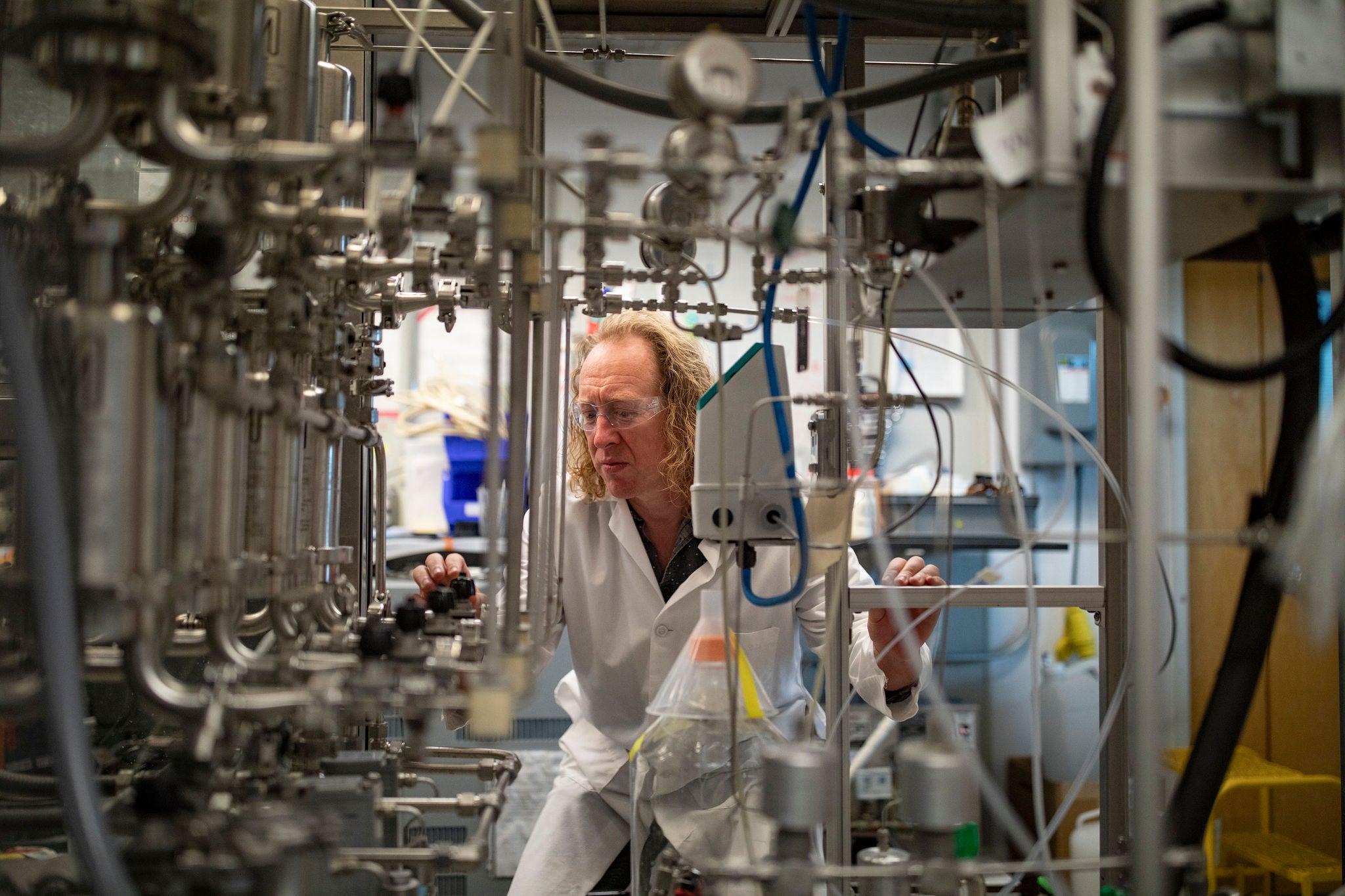EY refers to the global organization, and may refer to one or more, of the member firms of Ernst & Young Global Limited, each of which is a separate legal entity. Ernst & Young Global Limited, a UK company limited by guarantee, does not provide services to clients.
How EY can help
-
EY teams can help address ESG and sustainability issues, investor concerns and improve ESG performance. Find out how.
Read more
Closing the loop on sustainability
Sustainability is a business imperative across all industries. The waste that as a society we create whether it be through the burning of fossil or single-use design of most consumer products is having adverse effects on our environment to the point where it’s become an existential threat. It is one of the most pressing challenges humankind has to solve, and thus far, it has proved to be one of the most daunting.
But what if we could plan our products so they don’t end up as waste? What if they, too, could take on a second useful life?
The circular economy is an economic system aimed at doing just that: by eliminating waste and the continual use of resources. At its heart, it embodies a fundamental shift in how we manage our use of products and materials. Rather than the current single use, or “take-make-waste model,” the aim is to keep resources and their value in the loop and to rethink future business models befitting a more sustainable society. A popular example is turning food oil waste into biofuel. But what if the manufacturer extended its product lifecycle so that it didn’t merely end in a restaurant’s fryolator, but in the fuel tank of a jumbo jet? Not only would it help the economy, but it could prove to be a lucrative business opportunity.
These new opportunities for reducing waste, and the use of raw and rare materials, are extensive. The Global Commission on Economy and Climate says that a new climate economy, based in part on circular economy principles, could deliver at least US$26t in economic benefits by 2030, compared with business as usual.
As technology advances, opportunities to adopt circular economy practices to repurpose and regenerate within the energy and resource industry will only increase. Those companies that hesitate to adopt new circular models may not only miss out on opportunities to create value, but may also find their ability to operate their core business impacted.





